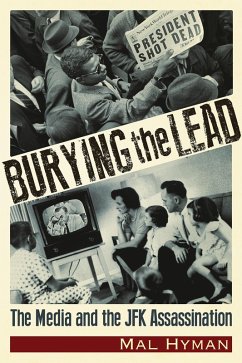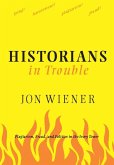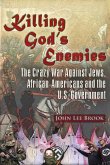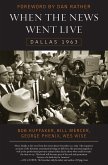The Cold War ushered in a time of secrecy-and willing media cooperation to keep those secrets. But even after winning that war, the vault of secrets remains firmly locked, especially surrounding John F. Kennedy's murder. Even for those who fundamentally oppose the current presidential administration, notions of a national security state and "e;fake news"e; must be examined to maintain a functional democracy. This book explains the rapid decline in confidence in government that started after the assassination of JFK. The mainstream media failed to go beyond repeating the official story, and by 1991 they, along with academe and the government, had stopped investigating altogether. It was filmmaker Oliver Stone whose film fueled public outrage and led to the JFK Act to declassify all of the remaining documents. Almost four million pages of documents were then released-that even Congress had not yet seen. The JFK Act stated that all files must be released by October 2017, yet thousands are still withheld on the grounds of national security. This volume examines the tight alliances that have allowed this cover-up for more than 50 years. President Kennedy declared in October 1963 that "e;men who create power make an indispensable contribution to a nation's greatness, but the men who question power make a contribution just as indispensable, especially when they are disinterested, for they determine whether we use power or power uses us."e;
Dieser Download kann aus rechtlichen Gründen nur mit Rechnungsadresse in A, B, BG, CY, CZ, D, DK, EW, E, FIN, F, GR, HR, H, IRL, I, LT, L, LR, M, NL, PL, P, R, S, SLO, SK ausgeliefert werden.









